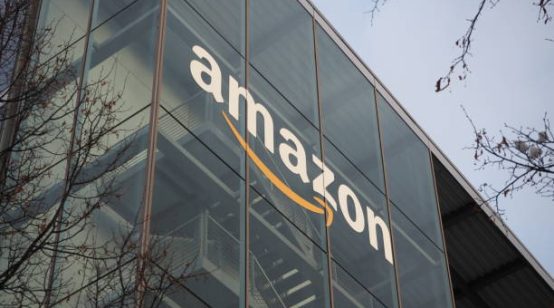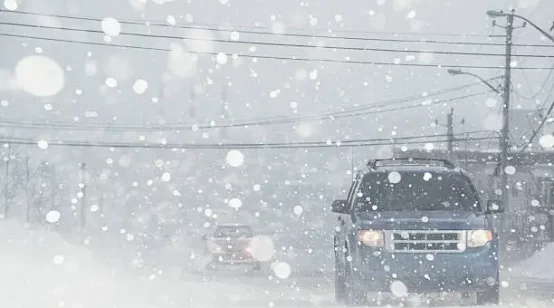Russian President Vladimir Putin has met the CEO of Rosneft, Igor Sechin (pictured), although the Kremlin said it did not mean a decision had been made on whether Russia would join Opec in reducing oil output.
Oil has fallen to its lowest price since the start of 2019 as demand falls because of the coronavirus outbreak.
Brent crude, the international benchmark, fell by more than 2 per cent to US$53.23 per barrel this week. The price exceeded US$68 per barrel in early 2020 after tensions between the US and Iran pushed up prices.
Redburn analysis said the Chinese virus could more than double the oil surplus in the market, from 800,000 barrels per day (bpd) to 2.1 million barrels, unless the Opec cut its output.
Russia’s energy minister, Alexander Novak, told the media that the Kremlin was considering the so-called Opec+ cuts, which includes Russia.
Opec and Russia together account for 77.9 per cent of world oil reserves and 53.6 per cent of production. The US accounts for 3.6 per cent of reserves and 16.6 per cent of production.
Novak said Russia was monitoring the spread of the coronavirus outbreak and the impact on global energy markets.
Demand has tumbled with the outbreak of the coronavirus in China, the world’s largest oil importer.
Opec+ is due to meet at the cartel’s headquarters in Vienna on March 5-6 to consider extending the production cuts. The current six months of cuts expire next month.
Russia’s largest oil producer, Rosneft, has criticised the Opec+ restrictions, saying it boosted US dominance.
The Kremlin said online that Sechin told Putin that restrictions caused Rosneft’s production to remain flat last year.
A technical panel reportedly advised Opec+ to cut output cut by 600,000 bpd.
That would amount to approximately 0.6 per cent of global supplies and would increase Opec+ limits to around 2.3 million bpd.
Chinese demand is estimated to have fallen by more than 3 million bpd because of transport restrictions and factory shutdowns as Beijing tries to curb the spread of the coronavirus.
Oil suppliers such as Vitoil, Royal Dutch Shell and Litasco are seeking to store crude on vessels at sea. Chinese energy firms have invoked force majeure, a legal clause to avoid taking delivery of LNG (liquefied natural gas), copper and oil.
“When the oil market is in surplus – as it is now – the forward curve needs to be in contango in order to pay for the storage of the building surplus,” said Bjarne Schieldrop, an analyst at Swedish bank SEB.
Picture credit: Kremlin





